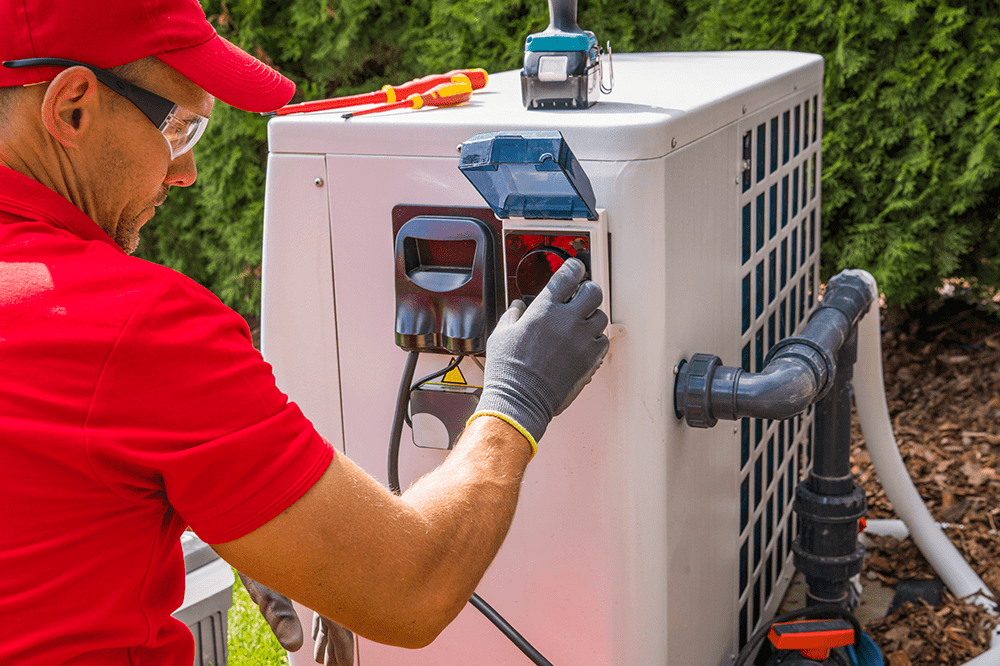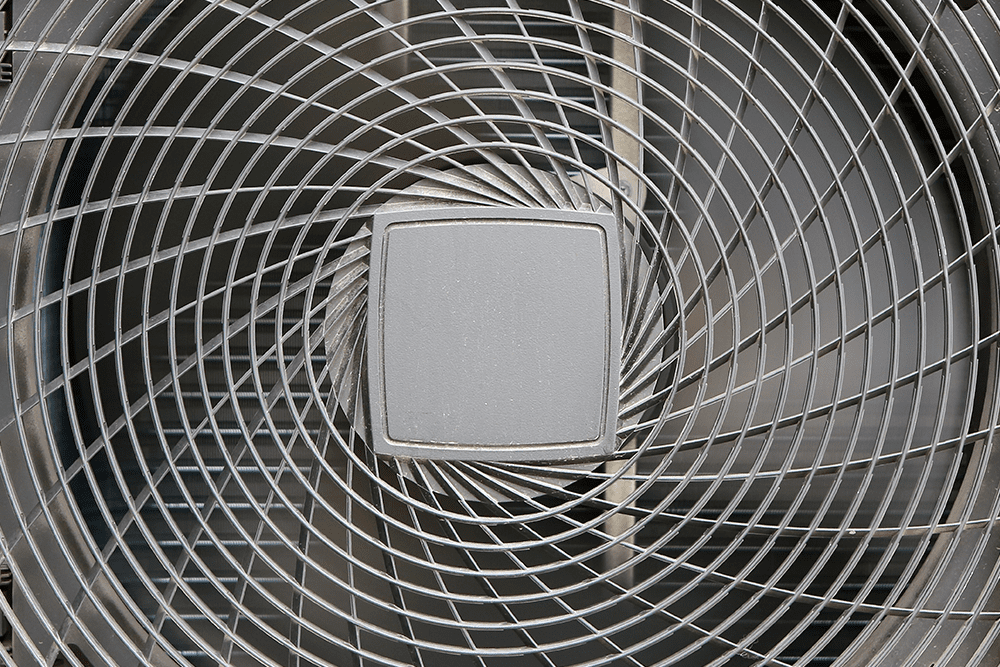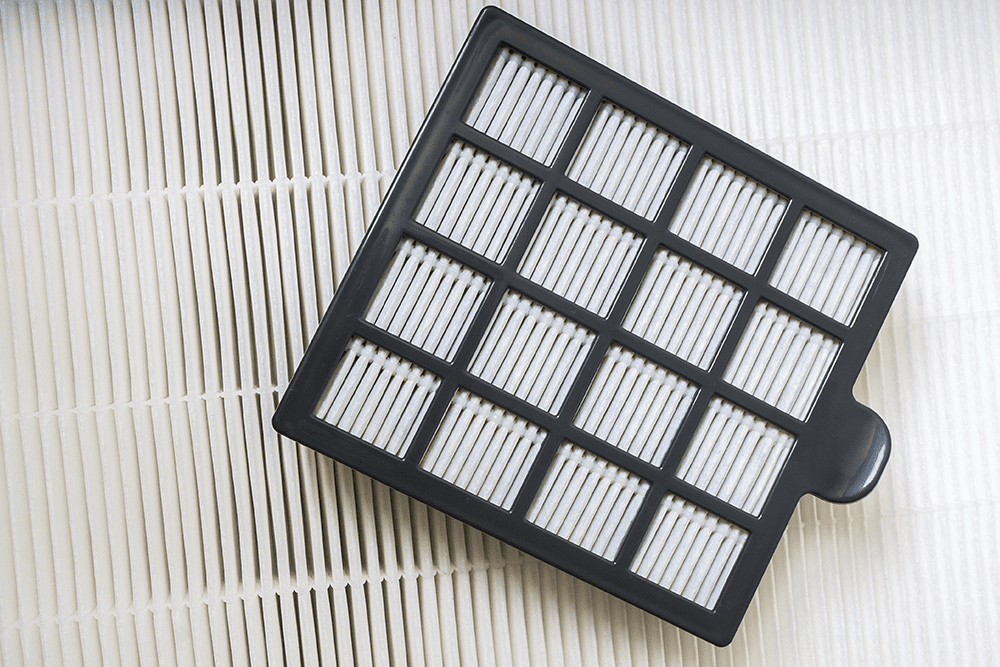
Average Pool Heater Cost
If you’re here, you’ve probably already gone through the headache of trying to figure out how to install your pool; the perfect location, and the right size for you, as well as the endless pain of budgeting. Thankfully, the costs related to your pool heater installation are much easier to figure out than the headache of trying to decipher the cost of building the pool. This is doubly so if you already installed the hookups in preparation for an oncoming pool heater purchase. If this is the boat you’re in, all you’ll need to do is figure out which type of pool heater you like best (which usually is based on your climate, location, and of course, the size of your pool) and lay back and let the professionals handle the work.
In this article we’re going to walk you through everything you’ll need to keep in mind before making your big purchase, so sit tight for some expertise from our team at Florida Air Express!
Heating Unit Type
When it comes to heating pools, there are four methods of operation that all pool heaters will fall into; electric, gas/propane, solar, and heat pump. You’ll not just have to deal with the up-front price of purchasing the unit, but the long-term costs of operating it, so it’s important to keep in mind which works best for your situation. While you might read that it’s more cost-effective to use electricity to heat your pool, it really depends on what area you live in. In some locations? Sure, but in others, a propane/gas heater may very well be the better option.
Labor
It might surprise you, but the labor you’ll have to hire for the job totals out to less than half of what you’ll have to pay for your pool heater unit. Sources online will cite fee for installing a heater for your pool to be between $500 and $1,500. This can differ depending upon the type of unit chosen and if it might need to have the electrical or gas lines run from the house to the pool.
Location and Climate
These are the two most important factors to consider when you’re shopping for a new pool heater unit. How much sun your home gets over the span of a year makes a huge difference. Homes located in regions that are usually above the 55-degree range in temperature have a lot more options than those in colder climates, especially at much more efficient prices. After all, it takes a lot of energy to keep up the warmth in a huge body of water!
Pool Size
When starting your quest, you might find yourself searching fruitlessly for something an answering machine couldn’t tell you. But when it comes to the size of the pool heater you’ll need, it’s reflected pretty well in the size of pool that you have. Most experts in the field estimate that for every five thousand to ten thousand gallons of water, your pool heater will have to be able to produce fifty thousand BTUs of heat. The more BTUs, the faster your pool will heat. Keep in mind though that in cooler areas of the country, you might have to double that number if you’re wanting to get your pool heated in a reasonable amount of time.
Additional Costs to Consider
Pool heater repair is not always an option for homeowners, so many people look to pool heater costs to find a more energy-efficient system. It’s also important to plan for the long-term operating costs associated with your swimming pool—you may have no choice but pay them every month!
Removal
Lucky for you, the price when it comes to removing an older model is relatively minimal compared to the installation or repair. You’ll usually be looking at an average of around twenty-five to fifty bucks to have it removed and scrapped, but some installers will do it without charge when they install the new pool heater.
Operation
Keep in mind that no matter what type of pool heater you choose, there’s going to be some operational cost involved. If you’re regional and lucky enough to have a climate compatible with a solar pool heater, don’t be fooled into thinking that there won’t still be some electricity prices tacked on. The positive side to that coin is that they’re only a few hundred dollars to run a year.
When heating with electricity, consumers could pay anywhere from $175 to $600 per month for their new unit, while the cost of operation can between $120 and $200 per month. Gas heaters average around the same as electrical ones at approximately 200-400 dollars a month; however, other propane appliances are priced in larger varieties: ranging from no more than $200, up to nearly three times that number! Of course, these costs all depend upon your pool size, climate, and local energy rates.
continue reading
Related Posts
For homeowners and business owners in Auburndale, FL, having an […]
Geothermal HVAC Heating and Cooling: The Future of Energy Efficiency […]
Indoor Comfort Takes a Quantum Leap: Exploring Innovative HVAC Smart […]



